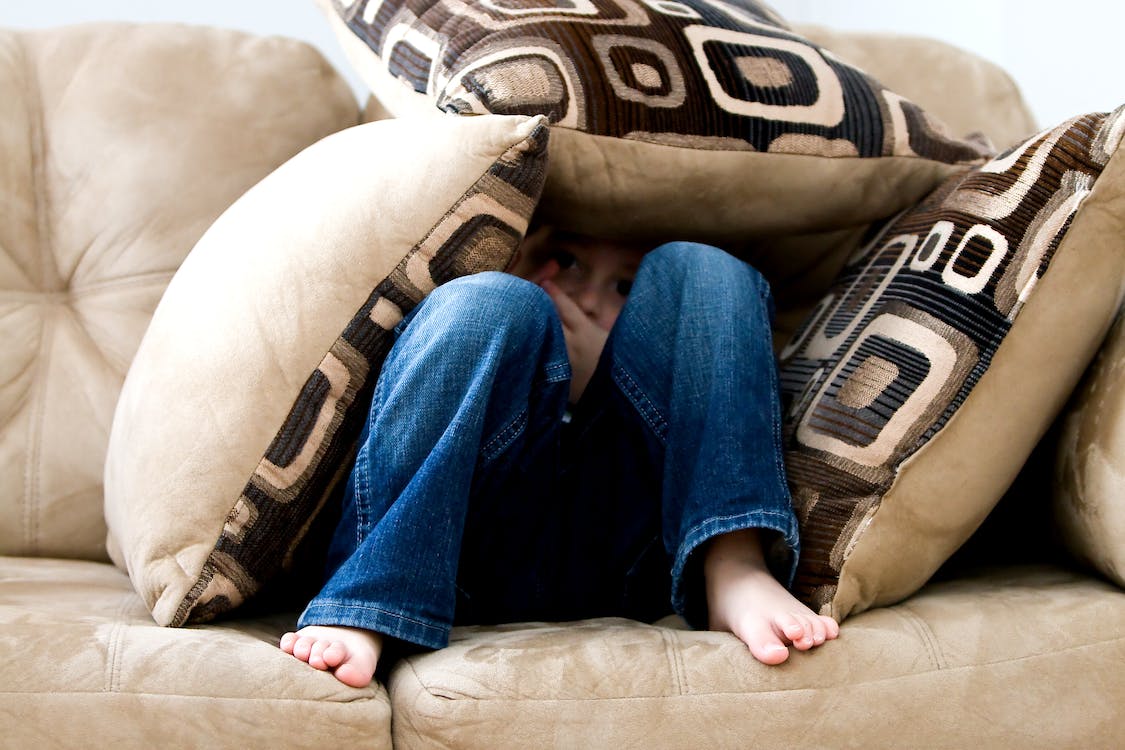
“Time Out” Tips for Parents
Do you call for a “time out” when your child misbehaves? Some parents use this parenting technique as a useful tool for disciplinary purposes. If you’re a “time out” parent, here are 3 tips that may help you make the period more productive for your child. Hopefully you won’t have to send them to “time out” too often!
No Bargaining
If you say “time out” is going to be 5 minutes long, keep your word. Your child may try to negotiate, but don’t cave when you see their sweet smile. Teaching your child right from wrong is a good thing, not something to feel guilty about. If your child knows you mean business, they may be less inclined to repeat the same behavior in the future.
Do “Time Out” Alone
“Time out” should be a period of time when your child learns the association between their actions/behaviors and consequences. If two (or more) of your children act in an inappropriate manner, keep them separated during “time out,” especially if they’ve been bickering or getting into mischief together. “Time out” isn’t for socializing, it’s for solo time.
Talk Afterward
Your child will know they’ve done something you’re not pleased with as they sit in “time out.” When time is up, spend a few minutes explaining to your child what they could have done differently for a more constructive, positive outcome. “Time out” is a teaching moment, so make the most of the lesson.
Do you practice “time out” with your children?
For more information like this, please visit All My Children’s blogs.
By: Melissa A. Kay
